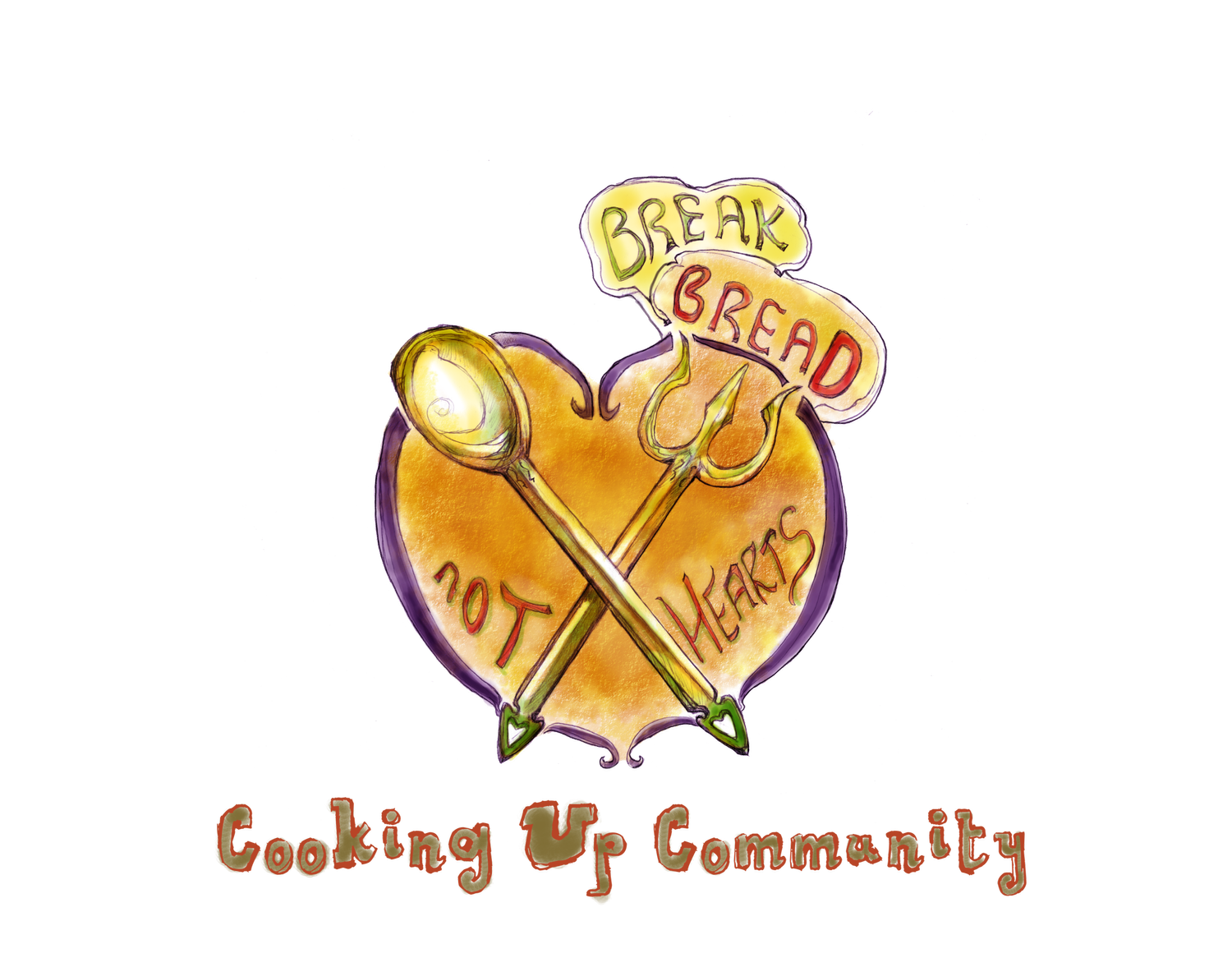Food Literacy
The most significant aspect of our services is the Food Literacy curriculum we are continuously developing and adapting to our evolving social climate. Food Literacy is founded upon the three pillars of Health, Hope, and Humanity to connect us to our food, environment and “Wecosystem” to ensure a healthy and autarkic wellbeing for our communities.
Health -
Food is medicine first and foremost. Every meal we prepare and/or consume should be delicious and pleasing to the palate while still satisfying the nutritional requirements our bodies need to function properly to prevent disease and chronic illness.
Hope –
Understanding the impact food has upon our society we will discuss and explore ways in which we can secure and enhance our food system so that health promoting agriculture can be accessible to a wider population in the present and for generations down the line.
Humanity –
The connection between our society and the green spaces around us must continue to function in an ever increasingly symbiotic nature. Our “Wecosystem” can be defined as the network of our environment, local family farms, and community organizations and individuals and the exchange of resources that is beneficial to all interactants.
We have taught our Food Literacy cooking workshops through NYC Department of Education, Mount Vernon Central School District, New Rochelle Public Library, New Rochelle Council of Community Services, and various other community and corporate settings. The curriculum is suitable for all ages and is adapted accordingly based on the constitution of the participants.
I will guide participants through the preparation of plant-based dishes to empower them to make healthier decisions. We will explore cost-effective ways that support cooking more and eating out less. Participants will learn which ingredients they can grow with limited resources and how they can supplement their diets with locally grown produce. At the end of each session participants will walk away with a sense of accomplishment and satisfaction after learning new culinary techniques and enjoying what they have prepared.
Please contact us for more details regarding how we can incorporate our Food Literacy curriculum into the lifestyles of your communities and organizations.

